Volunteering
We are an entirely voluntary organisation, with no paid staff. We are completely reliant on the time that people are prepared to invest in fundraising, training and, most importantly, responding to call-outs to find missing people. This is a significant commitment, but a hugely rewarding one.
Most of our volunteers take on operational roles i.e. they are on-call at selected times, to be activated by a 999 control room. However, we do also periodically recruit volunteers to non-operational roles.
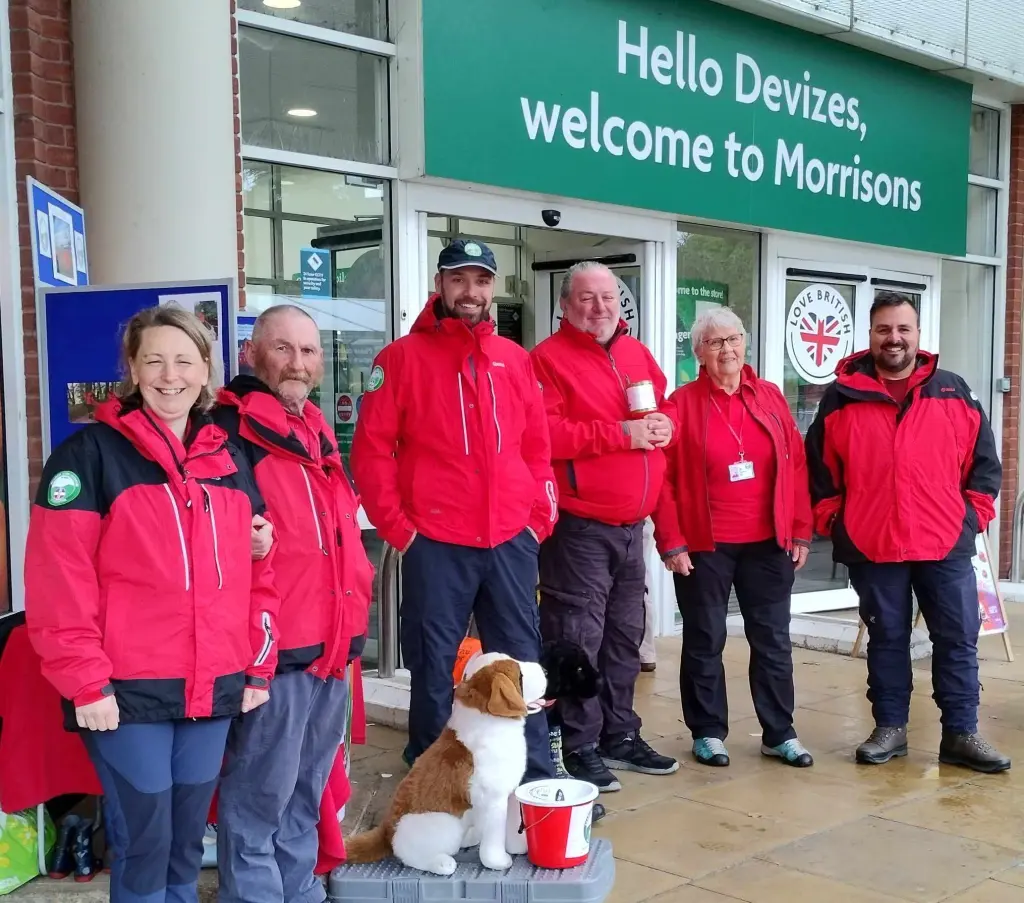
Search and Rescue Roles
The four roles we recruit into are:
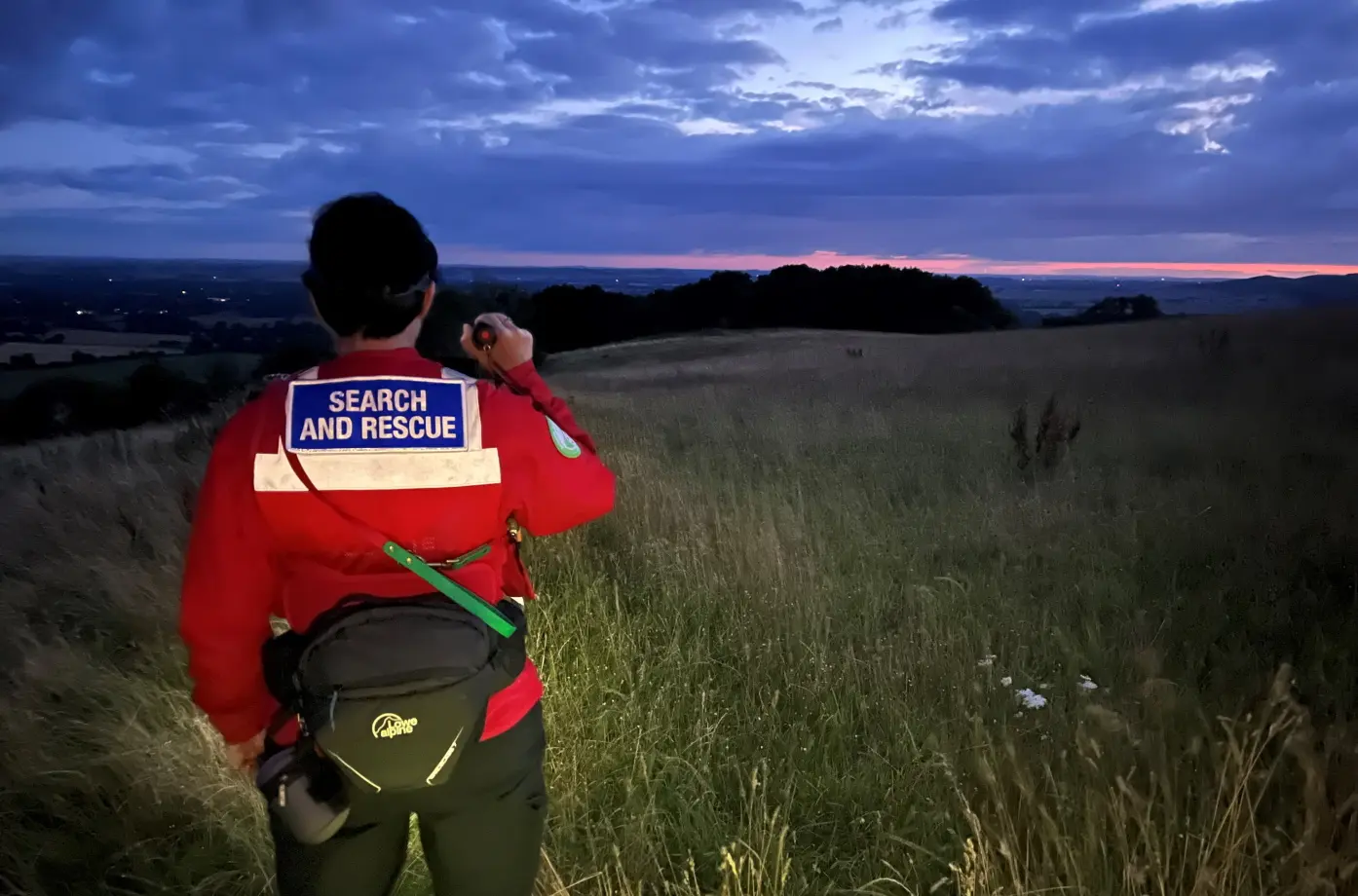
Search Technician
As an operational team member, you will start your Search and Rescue career by qualifying as a Search Technician. You will be on-call to respond to call-outs across the county.
Search Technicians must successfully complete the Licenced Search Technician training programme over approximately 6 months before becoming operational.
After gaining suitable experience, you can progress on to develop specialisms if you wish. All our operational team members are also required to get involved in fundraising throughout the year.
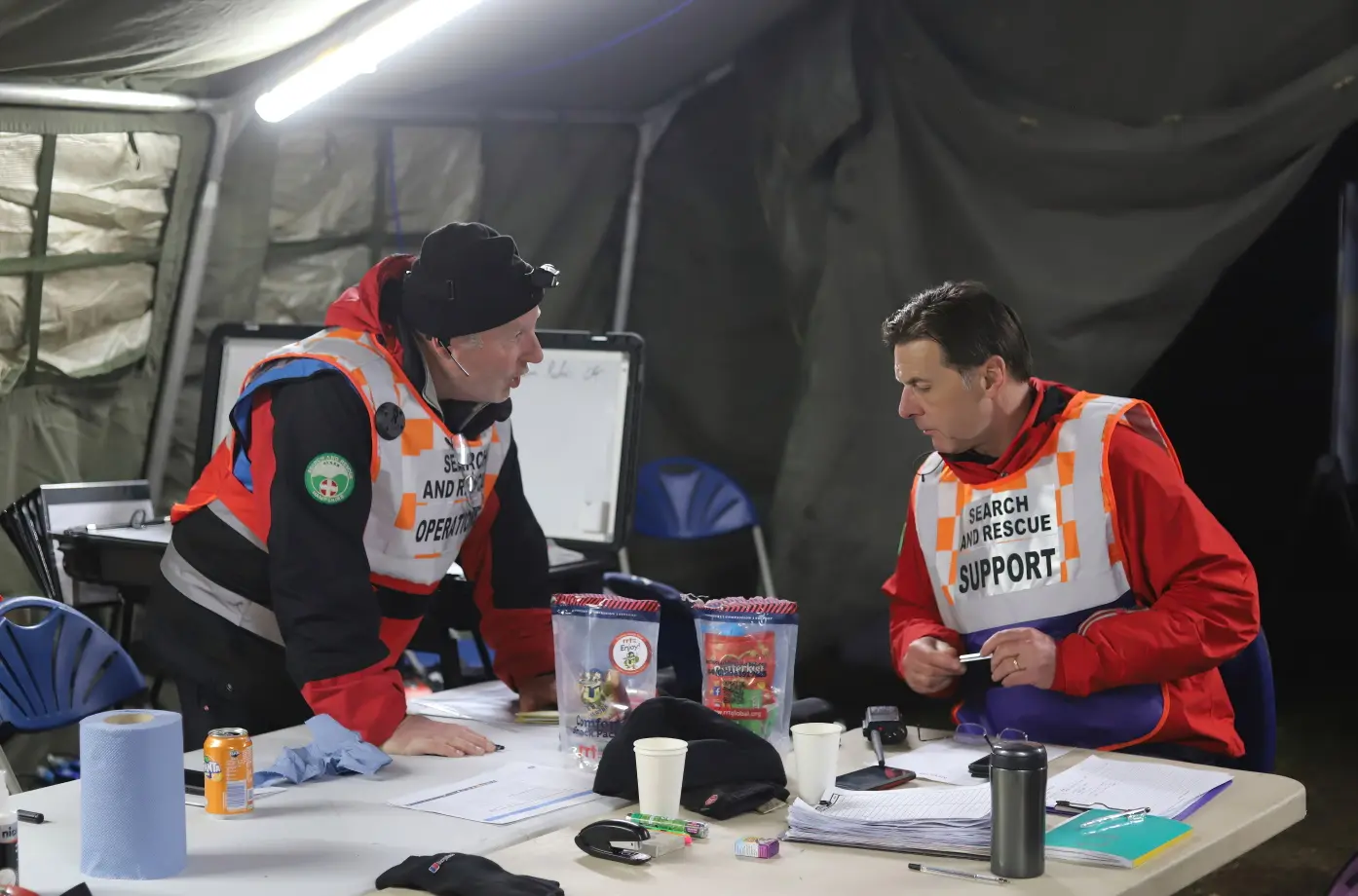
Operational Support
This is an ideal role for people who cannot immediately commit the time to do all the training that a Search Technician requires, or who would struggle with the fitness test. They are based at the RV point, and not able to be deployed to go out and search for a missing person.
Operational Support team members play a significant role in the team. You will support the team in a call-out by playing one or more of the following roles:
- Driving team vehicles to and from the call-out
- Managing logistics
- Logging all communications during the call-out
You need a full, clean, driving licence for this role.
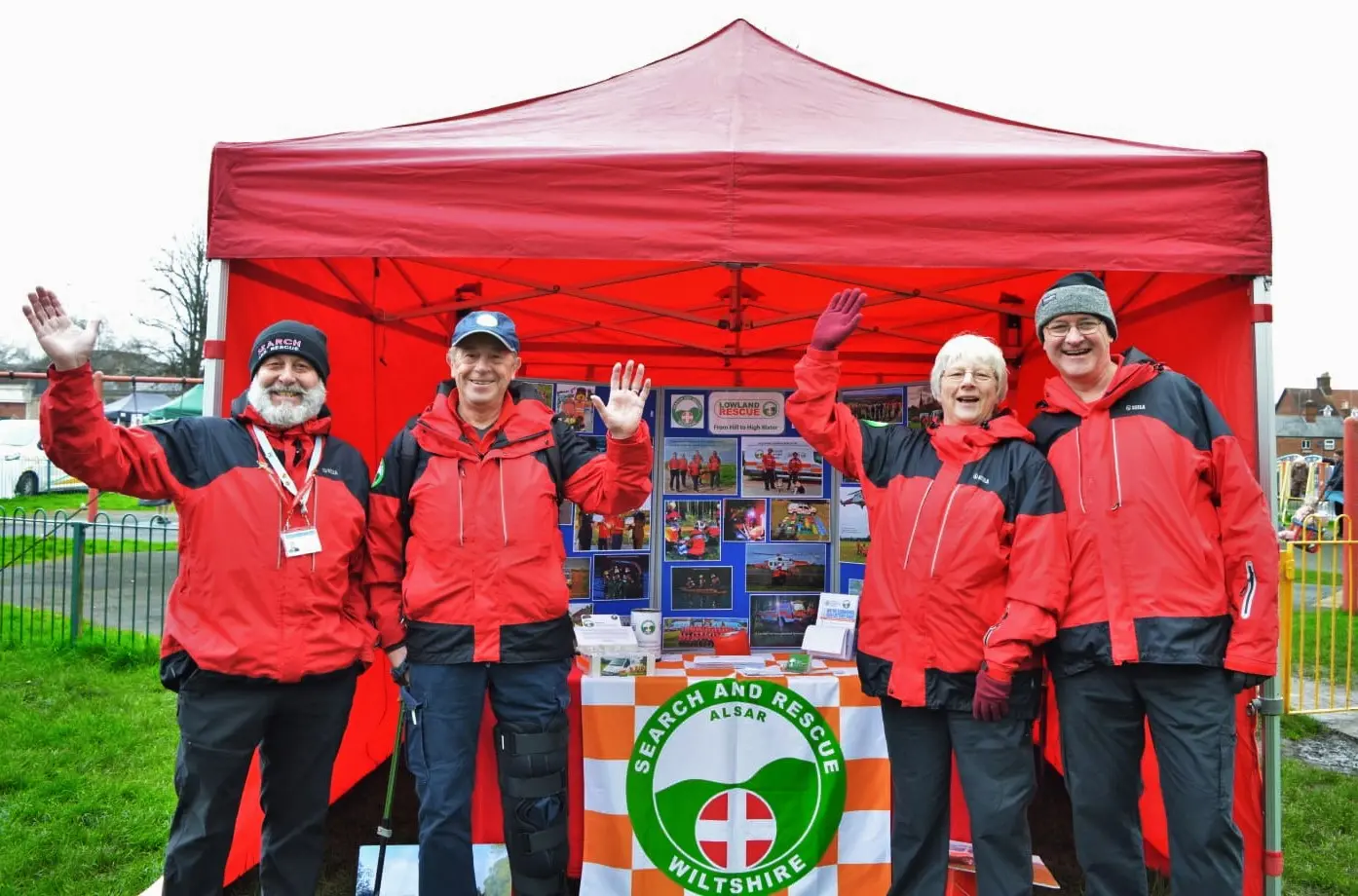
Fundraiser
As our team is reliant on fundraising to fund vehicles, fuel, equipment, training and running costs, we have to fundraise approximately £100,000 throughout the year.
As a fundraiser, you will attend fundraising events with operational team members, such as collections at supermarkets, marshalling at sports events, attending summer fayres or open days and more.
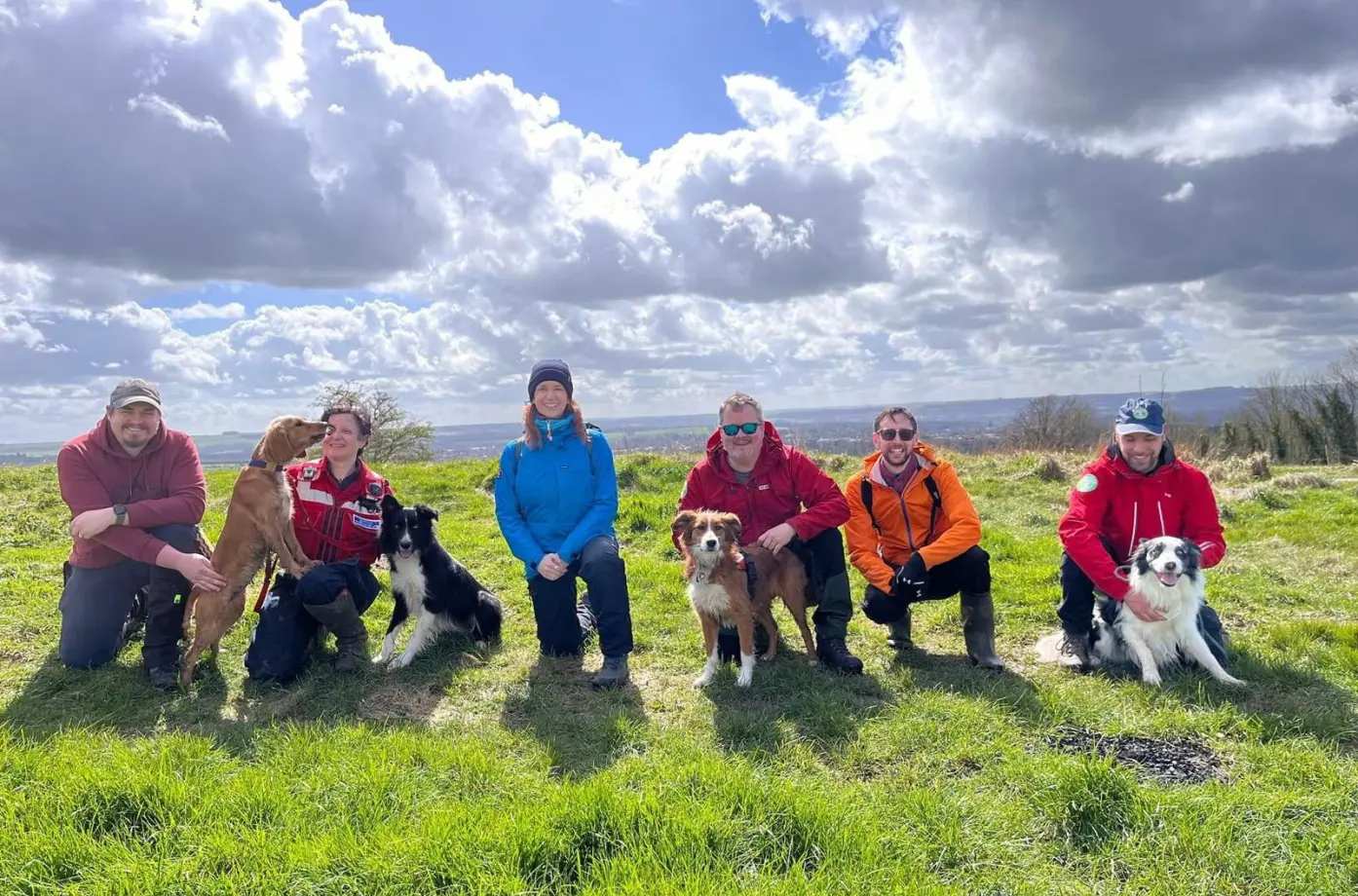
Dogsbody
One of our specialisms is our dog team. Our dogs need to attain a national qualification to be able to search for missing people. This often takes up to 2 years, with 2+ training sessions per week.
As a dogsbody, you will assist the dog team by hiding as a body in the woods and giving the dogs variety by giving them different scents to seek.
Bring along a book and a thermos and relax whilst they search! There is no minimum time commitment, we’d love to have your help even if it is once a month or once a quarter.
Applying to join
- If you are thinking about volunteering for Wiltshire Search and Rescue, please read our frequently asked questions first.
- If you are still interested in applying, then please contact us and you will be invited to an informal meet and greet session to meet some of the team and learn more about what we do. These take place every couple of months.
- Providing that meeting us and learning more hasn’t put you off, we will ask you to let us know which role(s) you would like to apply for. For the Search Technician role, you will be required to complete an application form. If you need any assistance in completing this application, then let us know and we can make reasonable adjustments.
- For the Search Technician role, a few months before a new intake is scheduled to start, successful applicants will be invited along to a skills assessment session, where you will move between different stations completing tasks with other applicants. These will be outside, whatever the weather, so make sure you dress for the conditions! For other roles, we will make a note of your interest and contact you when we are taking on these roles.
Current Search Technician Applications
The next intake will be selected in Feb 2026 ready to start training in April 2026. If you’d like to be considered, please contact us now and you’ll be invited to one of the meet and greet sessions.
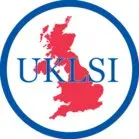 We use UKLSI as an external training provider.
We use UKLSI as an external training provider.